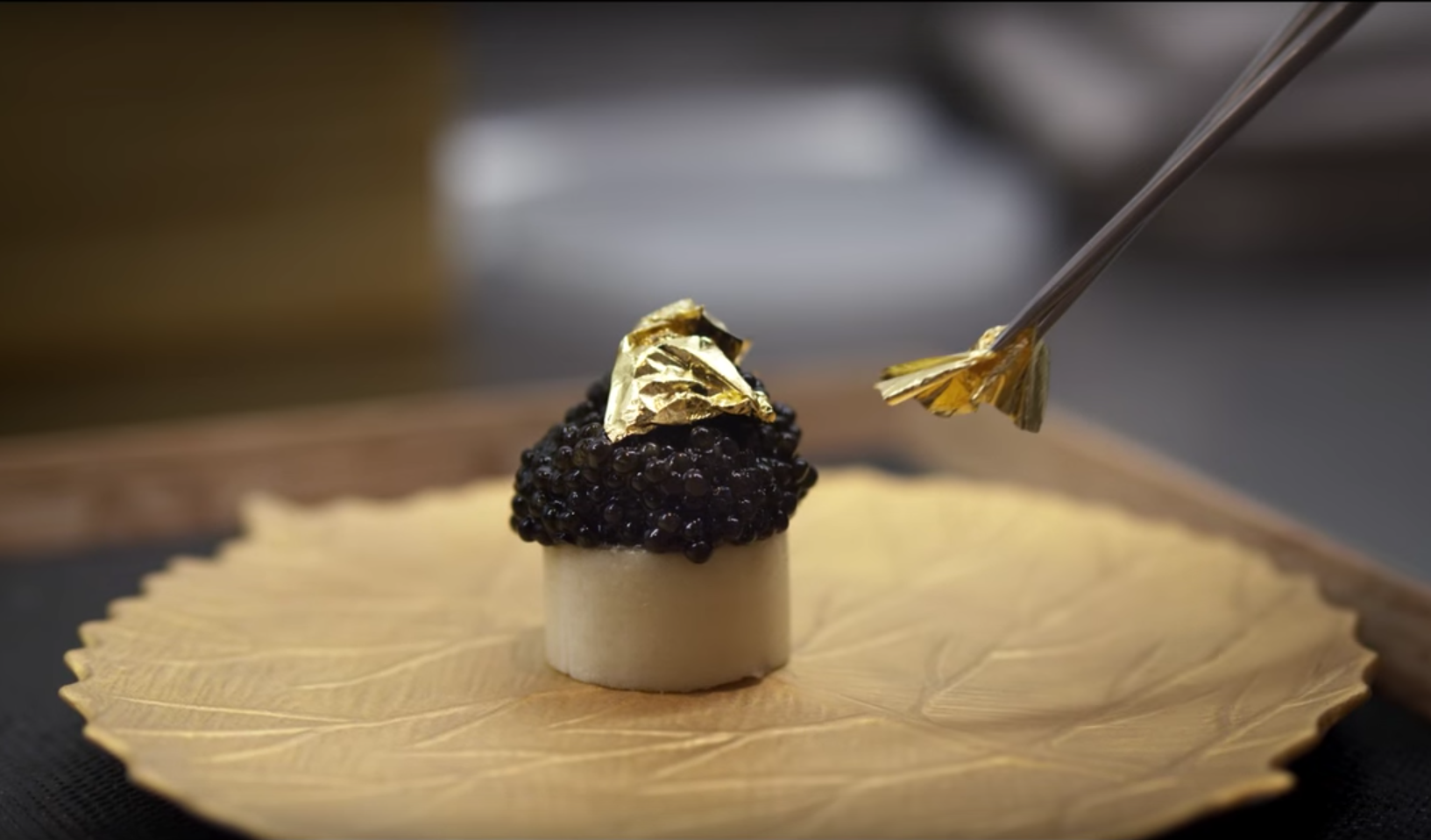If you’ve ever put food in your mouth and didn’t hate the experience, Chef’s Table: France will delight you.
The acclaimed Netflix documentary series returns for another season of mouth-watering delicacies in the home of gastronomie. France sets the scene not only for amazing dishes, but also for the surprising stories of their creators. In the country that gave us the word “restaurant,” four chefs stand out as the most innovative, hard-working and just plain brilliant.
The episodes are story-driven, focusing on the people behind the plates. Perhaps the most powerful is that of culinary underdog Alexandre Couillon, told in the second episode. Throughout his life, he’s struggled with a last name that means “idiot,” making it especially difficult to succeed in the country’s most-hailed industry. Adding to his misfortune, he and his family live on a small, forgotten island. The show captures his intense determination to make his restaurant, La Marine, a destination. After seven years of hardship, he decides to move away and give up his culinary dreams. Then one night, everything changes. It’s victorious, it’s inspiring and if food can give you shivers, look no further than the story of Alexandre Couillon.
Chef’s Table: France is ridiculously engrossing. Close-ups of dripping sauces and white-fleshed fish combined with city sounds and bountiful gardens is a virtual feast for the senses. It’s quite possible that eating at these restaurants wouldn’t be as good as watching this show.
And the experience is all encompassing. Each storyline dives deep into the chef’s past to discover how their younger years still influence the dishes they make decades later. Just as sadness can produce deep and beautiful music, so the struggles of a young and creative mind develop a chef that can quite literally see the future of cuisine.
As a female chef in what is repeatedly called a “macho” industry, Adeline Grattard is praised for her rise to the top. Even so, the critics and writers interviewed about her restaurant describe her dishes as delicate and feminine. But Grattard chooses to focus only her cooking, blending the flavors of Hong Kong with traditional French ingredients.
It wouldn’t be Chef’s Table without mentioning the quality of the filmmaking. The cameras move and swirl, catching every angle of a half-chicken sewn to a half-duck and cooked in a bed of hay. Every detail from bloody carcasses to colorful patterns of freshly cut vegetables is strikingly close-up. It’s the art of capturing art, and it’s perfectly executed. Every knife chop and steaming cup of tea proves one thing: The best chefs are as creatively minded and sensually inclined as the most famous painters, sculptors and performers.



